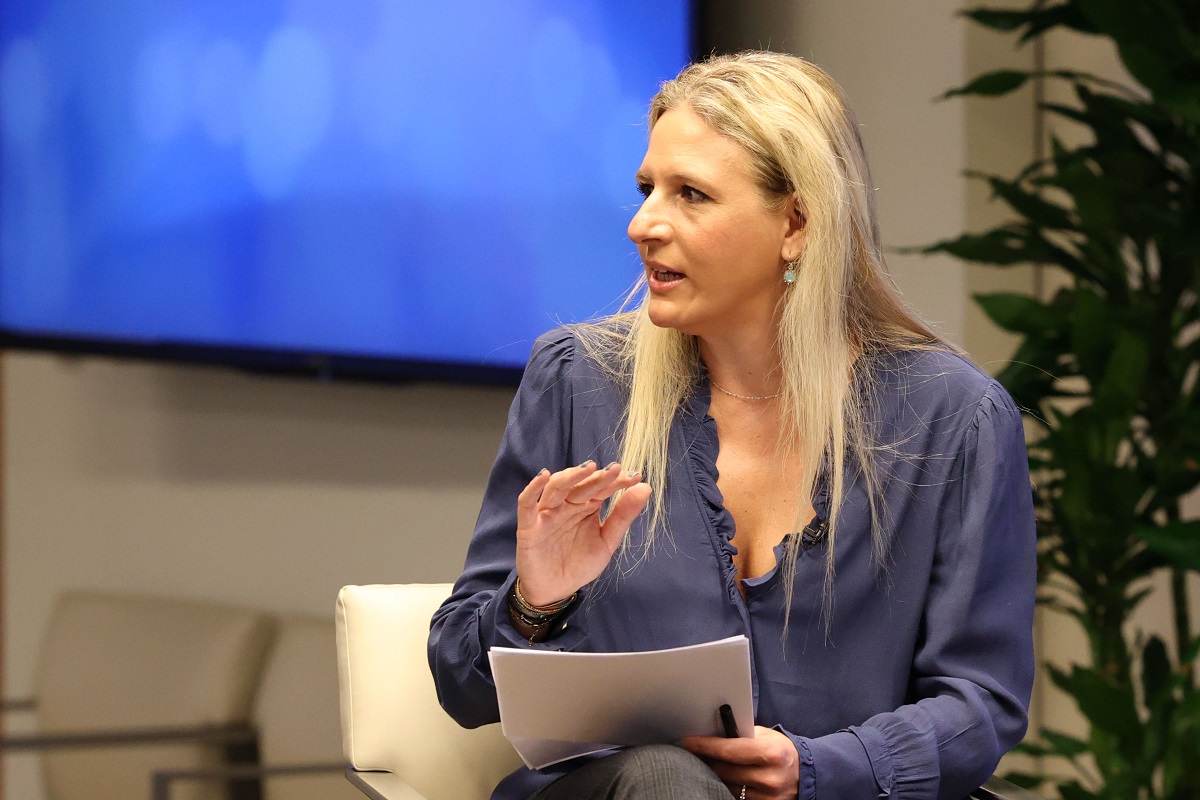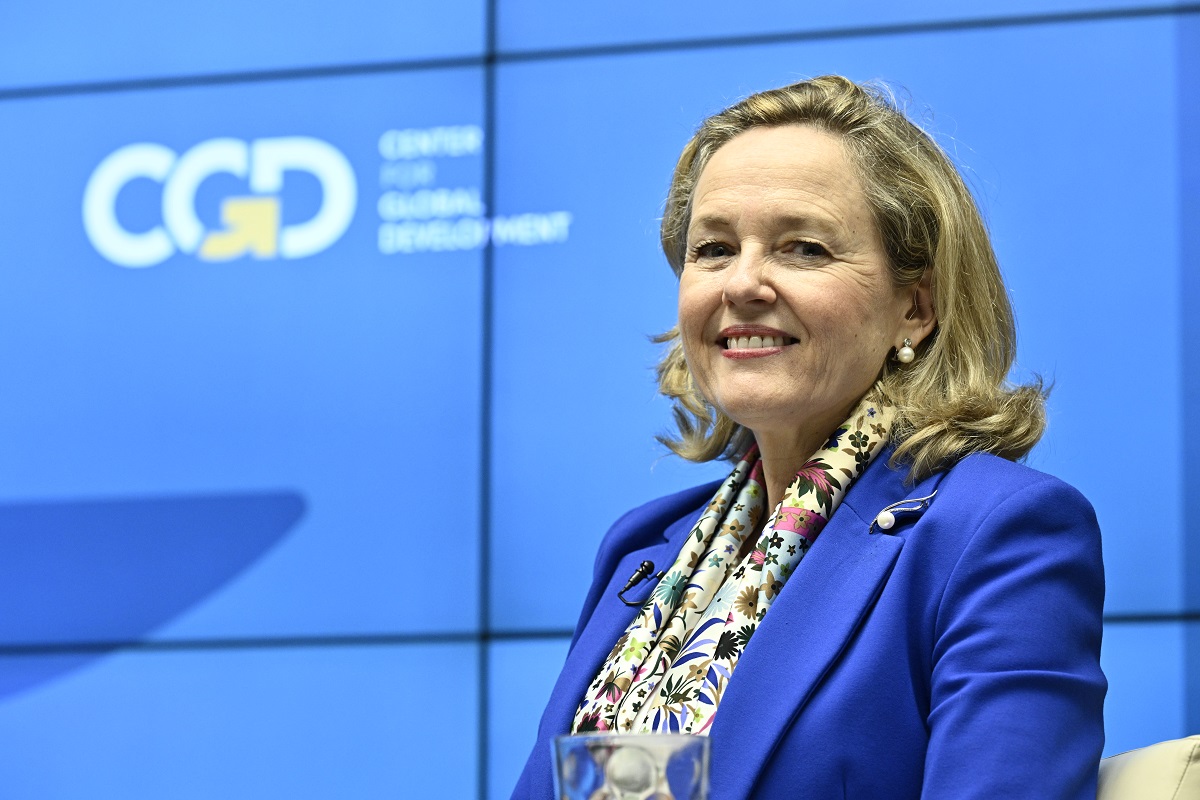Recommended
The development landscape has changed significantly since the turn of the century: rules and policies have been shaped, and reshaped; unconventional approaches have been adopted; new multilateral institutions and agencies have been formed; and a diverse range of development cooperation providers have emerged. For development agencies, these unprecedented changes mean a rethink—in terms of how they organize themselves, who they work with and how they work with partners—is required. Yet current understanding and dialogue between official development agencies leaves many blind spots about the realities of their respective development cooperation. An initiative launched by the Swedish International Development Cooperation Agency (Sida) and the Norwegian Agency for Development Cooperation (Norad) sought to fill this gap and pave the way for a better understanding of development cooperation approaches, more complementary engagement, and mutually beneficial partnerships.
Last year, Sida and Norad invited officials from the development agencies of seven countries—Colombia, Indonesia, Mexico, Norway, South Africa, South Korea and Sweden—to participate in a two-day seminar which aimed to provide an informal space for dialogue, peer learning, and building trust across a diverse group of development agencies. When the group first met in Oslo in early 2023, it started from a blank slate, without expectations of reaching a formal agreement, or even where it would go or how it would evolve beyond the initial meeting. What transpired was the formation of a group that is wholly owned by its participants, who set the agenda, lead the discussion, and ultimately decide how—and whether—the group moves forward.
One year on, the group—called the Re-thinking Development Cooperation (RDC) Working Group—has established itself as a novel informal forum for building partnerships and strengthening learning both from, and about, participating agencies. In this blog, we reflect on the first year of this new initiative, which we have had the privilege of supporting, to highlight key lessons from the group’s first year and reflections on the path ahead.
Creating a new space for cross-agency dialogue
There is much to learn from sharing experiences, especially at this time of profound change in the development landscape, in which many development agencies are re-thinking what it means to be resilient. Our research has shown that there are now more countries with development agencies than ever before, expanding the range of skills, experiences, resources, and knowledge available to advance development outcomes. Yet the ability to learn from this knowledge requires—at a minimum—opportunities for providers to discuss ideas and share approaches for navigating today’s challenges. With few such forums available, there is space to create more opportunities to build better partnerships through strengthening dialogue, understanding, and ultimately, trust.
In this context, the RDC group was conceptualized as a way to bring together officials from development agencies that typically have few opportunities to engage, to foster discussion of the shared challenges they face and how their agencies are responding. The group is premised on the principles of equality, where all participants dedicate their own time and resources to participation, and co-creation, where participants own and steer all aspects of the group’s activities. Our conversations are held under the Chatham House rule and encourage participants to share openly and probe ideas in the spirit of shared learning and curiosity.
During the first meeting in Oslo, the group began by sharing their institutions’ histories, priorities, and visions for cooperation, as well as the challenges their agencies faced in responding to changing geopolitical landscape. This provided participants with an understanding of each other’s agencies and revealed a plurality of approaches to common challenges. By the end of the first meeting, participants were convinced that the forum was worth taking forward and committed to a subsequent meeting later in the year. In December 2023, the second in-person RDC meeting was held in Seoul alongside the Global Partnership for Effective Development Cooperation’s 2023 Busan Global Partnership Forum. The meeting focused specifically on the theme of development effectiveness and participants learned about different agency approaches to implementing effectiveness principles.
What did we learn from the RDC? Three key lessons
From our first year of RDC discussions, there are three key lessons that stand out:
- Despite differences in “how” agencies implement cooperation, they share a common “why”. RDC discussions quickly highlighted that participating agencies were united by a common vision to advance the Sustainable Development Goals and secure a sustainable future for all. Agencies differed, however, in their approaches to achieving this shared goal: implementing cooperation differently; leveraging different comparative advantages; and focusing on different priorities. To a degree, similarities also appeared across key principles of cooperation. Participants agreed, for instance, on the importance of ensuring their activities are effective, although they interpret and implement effective action in different ways. These commonalities across diverse agencies are significant, as they provide a clear starting point for building partnerships that advance outcomes towards common goals.
- Informal spaces for dialogue on an equal footing are genuinely valued and provide a foundation for building partnerships and trust. Participants stated that the unique value of this group has been the ability to come together on neutral ground and equal footing, to engage in open dialogue, mutual learning, and networking, without the pressure to produce a formal outcome. Doing so provides a strong basis for building trust and connections across participants, who have expressed a desire to leverage the connections formed through the Group outside of RDC meetings, to foster ongoing dialogue and create new opportunities for partnership between participating agencies. While the informal nature of this space brings some challenges—the absence of a clear outcome has, at times, made it difficult for participants to articulate a clear theory of change to colleagues—the informal tone of the discussion and emphasis on co-creating the group’s vision of “success” over the longer-term, is a big part of what makes it unique.
- The novelty of this space has generated interest from others – including beyond participating agencies – perhaps demonstrating the need for more opportunities for cross-agency dialogue. Technical-level partnerships, such as those facilitated by the RDC, provide a starting place for broader engagement, and have generated interest from other agencies who identify with the mission of building partnerships and learning from diverse agencies. In a context where spaces for dialogue between development agencies is often limited, and where major international forums have often struggled to maintain engagement, small-scale informal groups, like the RDC, present novel additions to support trust-building amongst select actors in the medium-term.
Building on success in the year ahead
Over the next year, we will build on our foundations to leverage the group for ongoing learning, and to better share knowledge and outcomes with our networks.
While this group is still in its infancy, our engagement so far has highlighted the demand for equitable spaces for peer-learning to share experiences, knowledge, and ideas and approaches to common challenges across agencies.
In the year ahead, the group will continue to deepen its engagement, foster new learning, and co-create an inclusive, open, and useful space for partnership.
Disclaimer
CGD blog posts reflect the views of the authors, drawing on prior research and experience in their areas of expertise. CGD is a nonpartisan, independent organization and does not take institutional positions.
Image credit for social media/web: Sean K / Adobe Stock







